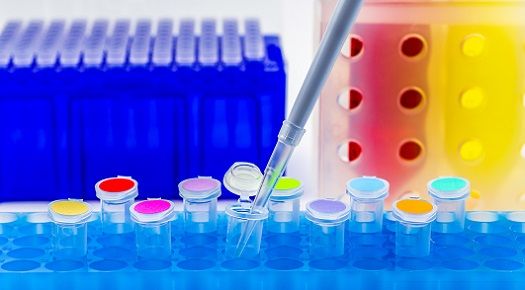Article
Finding the Link Between Breastfeeding and Asthma
Author(s):
Mechanistic studies examining human milk bioactives and their impact on lung health and asthma development are beginning to emerge. What more needs to be found?

Meghan B. Azad, PhD
The debate as to whether breastfeeding has a significant impact on the development of asthma has divided researchers for years with no definitive conclusion in sight. Much of this is due to a lacking consensus in the face of “solid evidence” for the positive opinion, Meghan B. Azad, PhD, told MD Magazine®.
In a recent review coauthored with Kozeta Miliku, MD, PhD, Azad observed that mechanistic studies examining human milk bioactives and their impact on lung health and asthma development are beginning to emerge. Such studies which will be key in establishing the causality and mechanistic basis of the observed associations between breastfeeding and asthma.
“The impact of breastfeeding on asthma development is clearly complex, so we need large studies with multidisciplinary teams of researchers to unravel the details,” Azad said. The CHILD Study is a great example of this — we have over 3,500 families participating in the study, and more than 40 researchers from many disciplines.”
Though there is still plenty to learn about how breastfeeding might help prevent asthma, Azad cited there being “countless reasons to support, protect and promote breastfeeding.”
“Well-designed prospective studies are needed, and they must accurately capture asthma diagnoses and infant feeding practices, including breastfeeding duration, exclusivity, and method of feeding,” she said. “Studies also need to account for key confounding factors and acknowledge that breastfeeding might not affect all infants in the same way.”
Additional hurdles in the way of determining an evidenced link include the inability—and ethical dilemma—of randomizing breastfeeding. Other challenges, including the collection of more detailed information on breastfeeding practices—are more feasible, and will better progress research, Miliku noted.
“Beyond these considerations for clinical studies, it is also important to study biological mechanisms,” Miliku said. “Currently in the CHILD Study, we are evaluating the individual and collective impact of specific human milk components on asthma development.”
Miliku added the investigators are also currently considering the role of genetics and the gut microbiome in the asthma-breastfeeding association.
The implications of determining such a relationship—as asthma currently affects 14% of all school-aged children—would have significant implications for the treatment of asthma.
“Ideally, this information will be used to develop new ways of preventing asthma,” Miliku said. “But, understanding how this works could also inspire new strategies for asthma treatment.”
For one such example, Miliku noted that if it were found that breasfeeding reduces asthma risk by supporting healthy microbiome development, investigators could realistically identify specific gut microbes or the components of breast milk that have potential as an asthma therapy.
The review, "Breastfeeding and the Developmental Origins of Asthma: Current Evidence, Possible Mechanisms, and Future Research Priorities," was published online in Nutrients.




